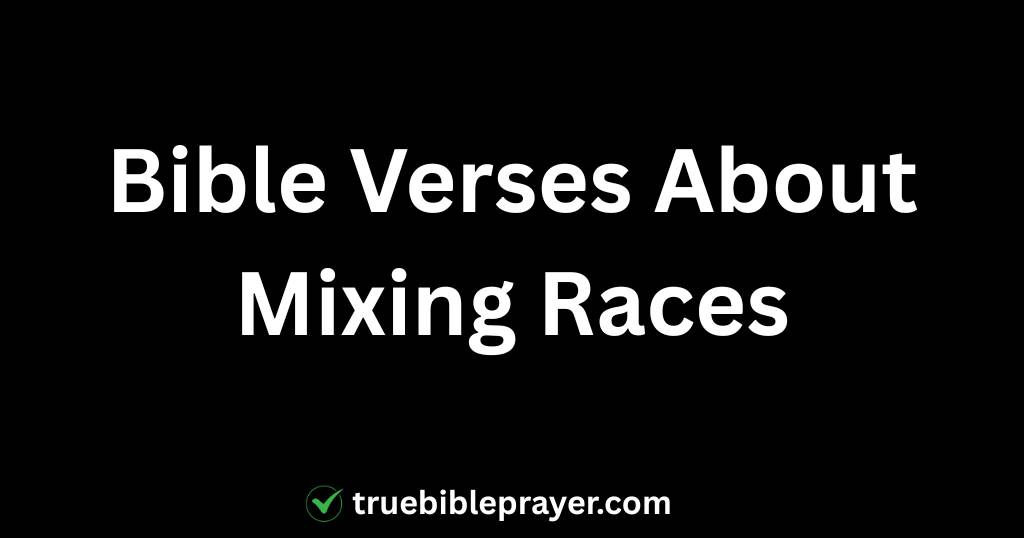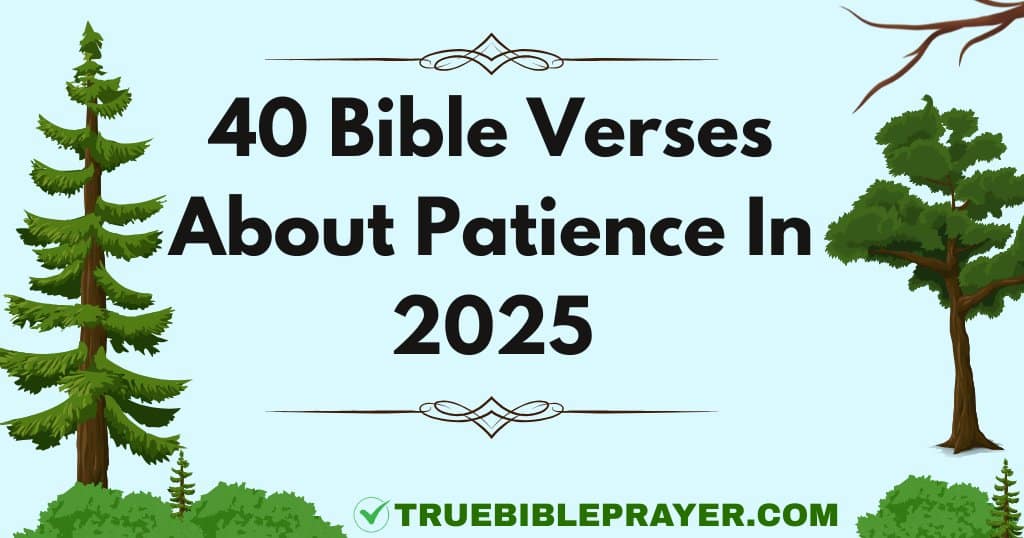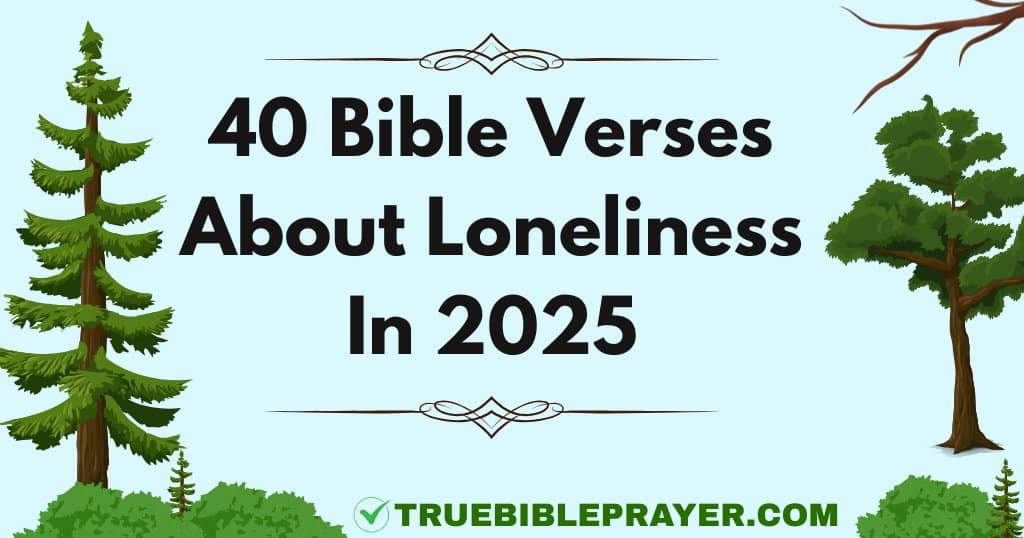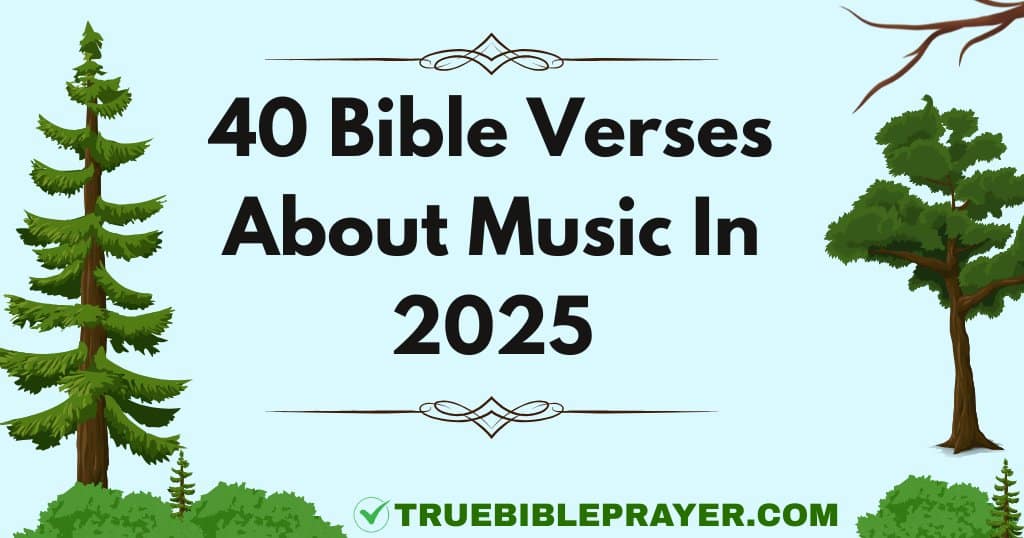Race mixing Bible typically refers to questions or beliefs about whether the Bible supports or forbids relationships, especially marriage, between people of different races or ethnic backgrounds.
The phrase is often used by those trying to understand if scripture teaches anything against interracial unions. In reality, the Bible does not condemn interracial marriage. Most of the verses people point to are about spiritual differences, not skin color or ethnicity.
This article gives you clear answers backed by Scripture and real insight into what the Bible truly says. You will find carefully selected verses, expert interpretations, and thoughtful explanations to guide your understanding.
what does the bible say about mixing races?
The Bible does not say anything about “mixing races” in the way we understand race today. The scriptures often speak about nations and tribes, but the focus is on faith and worship rather than skin color. Old Testament warnings about marrying foreigners were about avoiding idol worship, not ethnicity.
In fact, the Bible promotes unity. In Galatians 3:28, Paul writes that in Christ, there is no Jew or Greek, slave or free, male or female. The message is clear: what matters is faith, not race.
The Bible does not forbid interracial relationships. Instead, it encourages love, respect, and faith in God. Relationships that honor God, regardless of race, reflect the unity Christ offers.
40 Bible Verses About Mixing Races
⚠️ Important Note: The Bible doesn’t condemn interracial marriage or mixing races as sinful. However, verses involving ancient Israel’s separations often referred to religious purity, not ethnicity or race. Interpretations below clarify this distinction from a biblical worldview.
God’s Creation and Equality of All Races
Genesis 1:27
“So God created mankind in his own image, in the image of God he created them; male and female he created them.”
Description:
All humans are made in God’s image, reflecting His divine nature and equality.
Interpretation:
This foundational verse emphasizes that every human being—regardless of race—is crafted in the image of God. It undercuts all racial superiority by affirming universal dignity and worth rooted in creation.
Acts 17:26
“From one man he made all the nations, that they should inhabit the whole earth; and he marked out their appointed times in history and the boundaries of their lands.”
Description:
All nations originate from a common ancestry.
Interpretation:
This verse powerfully declares that all ethnicities trace back to one origin—Adam. Racial divisions are man-made; God sees humanity as one family, diversely scattered by design, not by discrimination.
James 2:9
“But if you show favoritism, you sin and are convicted by the law as lawbreakers.”
Description:
Partiality based on race or status is a sin.
Interpretation:
James condemns favoritism in all forms—including racial preference. The church is called to radical equality, where relationships and marriages must be rooted in love and faith, not biased distinctions.
Galatians 3:28
“There is neither Jew nor Gentile, neither slave nor free, nor is there male and female, for you are all one in Christ Jesus.”
Description:
Unity in Christ erases ethnic and social divisions.
Interpretation:
This verse directly addresses racial unity. In Christ, believers transcend their racial or cultural identities—He unites all people, making interracial relationships part of His kingdom vision.
Colossians 3:11
“Here there is no Gentile or Jew, circumcised or uncircumcised, barbarian, Scythian, slave or free, but Christ is all, and is in all.”
Description:
Christ breaks every racial and cultural barrier.
Interpretation:
Paul’s letter to Colossians stresses that ethnicity has no bearing on spiritual identity. Through Christ, social and ethnic divisions are not only broken—they’re irrelevant to kingdom relationships, including marriage.
Romans 10:12
“For there is no difference between Jew and Gentile—the same Lord is Lord of all and richly blesses all who call on him.”
Description:
God offers salvation to every race equally.
Interpretation:
This verse eliminates spiritual favoritism. Since salvation is universal, no race holds greater favor. Relationships across racial lines are thus equally sanctified under God’s redemptive plan.
1 Samuel 16:7
“But the Lord said to Samuel, ‘Do not consider his appearance or his height… The Lord does not look at the things people look at. People look at the outward appearance, but the Lord looks at the heart.'”
Description:
God values inner character over outer race.
Interpretation:
This principle resonates across all relationships. God doesn’t judge people by their race, so choosing a partner from another race is not wrong if their heart is aligned with God.
Proverbs 22:2
“Rich and poor have this in common: The Lord is the Maker of them all.”
Description:
Every person shares the same divine origin.
Interpretation:
Societal divisions—whether financial, racial, or cultural—do not reflect God’s view. He sees all people as His creation, worthy of love and unity in every kind of human relationship.
Malachi 2:10
“Do we not all have one Father? Did not one God create us? Why do we profane the covenant of our ancestors by being unfaithful to one another?”
Description:
Shared spiritual heritage unites all people.
Interpretation:
Malachi challenges the people of Israel for breaking covenant relationships. The verse also affirms that God created all people, suggesting racial unity and a call to honor one another through faithful love.
Revelation 7:9
“After this I looked, and there before me was a great multitude…from every nation, tribe, people and language, standing before the throne and before the Lamb.”
Description:
Heaven celebrates diversity in worship.
Interpretation:
God’s kingdom is multiracial. This vision of heaven includes all ethnicities worshiping together—validating earthly interracial unity, including interracial marriage, as a glimpse of heaven on earth.
Old Testament Laws on Separation
Deuteronomy 7:3–4
“Do not intermarry with them. Do not give your daughters to their sons or take their daughters for your sons, for they will turn your children away from following me to serve other gods.”
Description:
The concern was spiritual corruption, not racial difference.
Interpretation:
God’s command to Israel was to preserve faith, not ethnicity. The problem wasn’t interracial marriage, but interfaith marriage that led to idolatry. The passage doesn’t condemn racial mixing per se.
Exodus 34:16
“And when you choose some of their daughters as wives for your sons…they will lead your sons to commit adultery with their gods.”
Description:
Israel was warned against adopting foreign religions.
Interpretation:
This verse again targets spiritual danger, not race. The concern was that pagan spouses would draw Israelites into idol worship. It’s not applicable to faithful, Christ-centered interracial marriages.
Ezra 9:2
“They have taken some of their daughters as wives for themselves and their sons, and have mingled the holy race with the peoples around them.”
Description:
The ‘holy race’ referred to covenant-keeping Jews.
Interpretation:
Ezra’s grief was over spiritual compromise, not racial impurity. The “holy race” was about obedience to God’s law. Today, all who follow Christ are part of the “holy people,” regardless of ethnicity.
Nehemiah 13:27
“Must we hear now that you too are doing all this terrible wickedness and are being unfaithful to our God by marrying foreign women?”
Description:
Nehemiah criticized marriages that led to spiritual decline.
Interpretation:
This rebuke reflected the same concern as Ezra’s: marrying those who would not uphold the faith. It’s a warning against mismatched spiritual unions, not racial ones.
Numbers 25:1–2
“While Israel was staying in Shittim, the men began to indulge in sexual immorality with Moabite women, who invited them to the sacrifices to their gods.”
Description:
Immorality and idolatry—not racial mixing—were condemned.
Interpretation:
Israel fell into sin not because of racial mixing but because of adopting pagan practices. God’s concern was about the direction of their hearts, not their wives’ ethnicity.
Joshua 23:12–13
“But if you turn away and ally yourselves with the survivors of these nations…they will become snares and traps for you.”
Description:
Allegiance to pagan nations brought spiritual danger.
Interpretation:
This wasn’t a racial warning, but a covenantal one. God sought to protect His people from being drawn into unholy alliances that could compromise their faith.
Deuteronomy 23:3
“No Ammonite or Moabite or any of their descendants may enter the assembly of the Lord, not even in the tenth generation.”
Description:
This exclusion was based on behavior, not ethnicity.
Interpretation:
The Ammonites and Moabites opposed Israel and led them astray. Yet later, Ruth—a Moabite—became part of Christ’s lineage. The law shows consequence for sin, not a blanket ban on race.
1 Kings 11:2
“They were from nations about which the Lord had told the Israelites, ‘You must not intermarry with them, because they will surely turn your hearts after their gods.’ Nevertheless, Solomon held fast to them in love.”
Description:
Solomon’s sin was idolatry, not interracial love.
Interpretation:
God warned Solomon about wives who would draw him away. The issue was faithlessness to God—not race. Interracial relationships that honor God are never condemned.
Genesis 24:3
“I want you to swear by the Lord…that you will not get a wife for my son from the daughters of the Canaanites…”
Description:
Abraham desired a wife for Isaac who shared faith.
Interpretation:
Abraham sought to avoid cultural and spiritual compromise, not racial diversity. It’s a call to marry within faith, not a rejection of other ethnicities.
Genesis 28:1
“So Isaac called for Jacob and blessed him. Then he commanded him: ‘Do not marry a Canaanite woman.'”
Description:
The focus remained on preserving covenant faith.
Interpretation:
The Canaanites were known for idolatry and immorality. Isaac’s concern mirrors God’s principle: stay spiritually aligned in relationships. Race was never the root issue.
Examples of God’s Approval of Interracial Marriages
Numbers 12:1
“Miriam and Aaron began to talk against Moses because of his Cushite wife, for he had married a Cushite.”
Description:
Moses’ interracial marriage was disrespected, but God defended it.
Interpretation:
Moses married a black African woman (from Cush), and God punished Miriam for criticizing it. This proves that God had no issue with interracial marriage, but He did have an issue with racist attitudes.
Ruth 1:16
“But Ruth replied, ‘Where you go I will go, and where you stay I will stay. Your people will be my people and your God my God.'”
Description:
Ruth, a Moabite, chose the God of Israel and became part of His people.
Interpretation:
Ruth’s story shows how faith, not race, determined her place in God’s plan. She married Boaz, an Israelite, and became the great-grandmother of David—and part of Jesus’ lineage.
Matthew 1:5
“Salmon the father of Boaz, whose mother was Rahab, Boaz the father of Obed, whose mother was Ruth…”
Description:
Jesus’ ancestry includes interracial unions.
Interpretation:
Rahab (a Canaanite) and Ruth (a Moabite) were both non-Israelite women in the Messiah’s bloodline. This divine approval of interracial marriages nullifies any idea that race disqualifies love or covenant inclusion.
Joshua 2:11
“When we heard of it, our hearts melted… for the Lord your God is God in heaven above and on the earth below.”
Description:
Rahab acknowledged the God of Israel and was accepted.
Interpretation:
Rahab’s faith in Israel’s God brought her into the covenant community. Her later marriage to Salmon was interracial but fully honored by God, further demonstrating faith as the true foundation for union.
2 Samuel 11:3
“And David sent someone to find out about her. The man said, ‘She is Bathsheba, the daughter of Eliam and the wife of Uriah the Hittite.’”
Description:
Uriah, a non-Israelite, was fully part of Israel’s army.
Interpretation:
Uriah, a Hittite, was married to an Israelite woman. His standing in Israel proves that God allowed interethnic integration—including marriage—so long as faithfulness to God remained intact.
Jeremiah 38:7
“But Ebed-Melek, a Cushite, an official in the royal palace, heard that they had put Jeremiah into the cistern…”
Description:
A Cushite (black African) helped rescue Jeremiah.
Interpretation:
Ebed-Melek’s faith and courage are celebrated in Scripture. His positive role in Jewish history affirms racial diversity among God’s servants and rejects any doctrine of racial exclusion.
Matthew 15:28
“Then Jesus said to her, ‘Woman, you have great faith! Your request is granted.'”
Description:
Jesus honored the faith of a non-Jewish (Canaanite) woman.
Interpretation:
Even though she was a Gentile, Jesus commended her faith. This moment affirms that race was never a barrier for Jesus—and should not be for His followers, especially in marriage or community.
John 4:9
“The Samaritan woman said to him, ‘You are a Jew and I am a Samaritan woman. How can you ask me for a drink?'”
Description:
Jesus crossed cultural and racial lines to show love.
Interpretation:
Jews and Samaritans were deeply divided, yet Jesus broke that wall through respectful conversation and spiritual outreach. The gospel dismantles manmade divisions—including racial ones.
John 4:39
“Many of the Samaritans from that town believed in him because of the woman’s testimony.”
Description:
An outcast woman helped spread the gospel across racial boundaries.
Interpretation:
The Samaritan woman, once shunned, became a bridge for interracial faith connection. Her role reinforces God’s intention for the gospel to unify—not separate—nations and people.
Isaiah 56:6–7
“And foreigners who bind themselves to the Lord…these I will bring to my holy mountain…for my house will be called a house of prayer for all nations.”
Description:
God’s temple welcomes people from every nation.
Interpretation:
Isaiah proclaims that any foreigner—regardless of race—can be part of God’s people if they follow Him. Interracial union under God’s name is blessed and welcomed.
New Testament Teachings on Unity in Christ
Ephesians 2:14
“For he himself is our peace, who has made the two groups one and has destroyed the barrier, the dividing wall of hostility.”
Description:
Jesus tears down racial and ethnic walls.
Interpretation:
Paul speaks of unity between Jews and Gentiles—historically divided races. In Christ, all hostility based on ethnic difference is erased. Interracial marriages under this peace are fully biblical.
Romans 15:7
“Accept one another, then, just as Christ accepted you, in order to bring praise to God.”
Description:
Believers are called to accept all, reflecting Christ’s love.
Interpretation:
This command includes people of all races. If Christ welcomed all, Christians must do the same, including supporting interracial couples walking in faith.
1 Corinthians 12:13
“For we were all baptized by one Spirit so as to form one body—whether Jews or Gentiles, slave or free…”
Description:
One Spirit unites all races into one church.
Interpretation:
Race has no bearing in the body of Christ. All are equally valuable, and relationships—including marriage—reflect this oneness when rooted in the Spirit.
1 John 4:20
“Whoever claims to love God yet hates a brother or sister is a liar…”
Description:
Hating others—including due to race—contradicts God’s love.
Interpretation:
This verse confronts racial prejudice head-on. A person cannot truly love God and harbor racism. Interracial love grounded in Christ reflects the truth of this commandment.
Titus 3:2
“To slander no one, to be peaceable and considerate, and always to be gentle toward everyone.”
Description:
Believers must treat everyone with respect, regardless of race.
Interpretation:
Titus outlines behavior that rejects all prejudice. This spirit of peace and gentleness must include support for interracial love and the rejection of racial superiority.
Philippians 2:3
“Do nothing out of selfish ambition or vain conceit. Rather, in humility value others above yourselves.”
Description:
Humility erases racial pride and prejudice.
Interpretation:
The gospel demands humility. Racial superiority and opposition to interracial marriage stem from pride—contrary to God’s nature. True love values the heart, not the heritage.
2 Corinthians 5:16
“So from now on we regard no one from a worldly point of view…”
Description:
Earthly categories, including race, don’t define us anymore.
Interpretation:
In Christ, we move beyond superficial identities. Race may describe us, but it does not define how we see or love each other—especially in relationships blessed by God.
Matthew 28:19
“Therefore go and make disciples of all nations, baptizing them in the name of the Father and of the Son and of the Holy Spirit.”
Description:
The gospel mission is interracial by nature.
Interpretation:
Jesus commands His followers to reach every nation. Interracial unity is baked into the mission of the church, reinforcing God’s love for diversity in marriage, community, and worship.
Revelation 5:9
“You are worthy… because you were slain, and with your blood you purchased for God persons from every tribe and language and people and nation.”
Description:
Jesus died for every race equally.
Interpretation:
This heavenly song rejoices in Christ’s redemption of all races. It proves that race is not a boundary to God—and shouldn’t be to us in marriage or fellowship.
Hebrews 13:2
“Do not forget to show hospitality to strangers, for by so doing some people have shown hospitality to angels without knowing it.”
Description:
God values love that crosses boundaries.
Interpretation:
This call to welcome the unfamiliar encourages openness to others, including different races. In doing so, we honor God—and may even encounter divine blessings in unexpected places.
Conclusion
The Bible does not forbid interracial marriage. Instead, it repeatedly shows that God looks at faith, not skin color. From the Old Testament to the New, Scripture honors love and unity across races when it is rooted in God. The verses shared in this article have made it clear that God values the heart above all else.
If you were unsure about what the Bible really says on mixing races, now you have seen the truth for yourself. These verses confirm that racism has no place in faith, and that love between people of different races is not only allowed, but also blessed when grounded in God.
Let this truth bring peace to your heart. Every person is created equal in the image of God, and love that honors Him will always stand.




